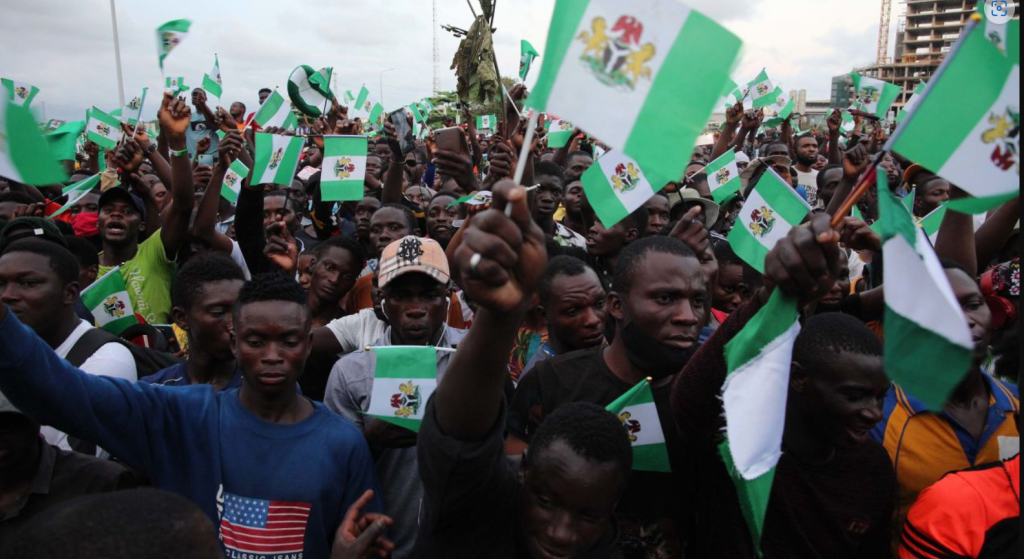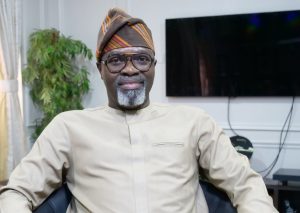
Lekki Toll Gate protest tragedy still on our mind
Last month, Sunday, October 20, 2024 precisely was the fourth anniversary of the infamous Lekki Toll Gate shootings. On that day, four years ago, the Nigerian Army, drafted by former President Muhammadu Buhari at the invitation of Governor Babajide Sanwo-Olu of Lagos State, shot into a mass of unarmed protesting Nigerian youths singing the National Anthem and waving the Nigerian flag at nightfall.
The sad event, which was caught live by several domestic and international television networks, ended about ten days of protests hash-tagged #EndSARS. Nigerian youths organised the protest through the social media, demanding an end to Police brutality, calling for Police reforms and an end to bad governance. Government resorted to an armed quelling of the protests after negotiations were stalemated. The protesters were accused of pushing for “regime change”.
The shooting of the protesters claimed unspecified number of lives with many hospitalised. It also triggered the most vicious gale of looting and destruction of government property and targeting of the interests of the Lagos political elite and their acolytes ever witnessed in the state’s history.
It generated tension between Yoruba and Igbo ethnic groups which was only defused when leaders of goodwill on both sides intervened, exonerating the Igbo residents of culpability for the riots and destruction.
Governor Sanwo-Olu did everything in his power to make peace and focus the residents on the need for peaceful co-existence and rapid rebuilding of damaged infrastructure. He also set up the Justice Doris Okuwobi Judicial Commission of Inquiry which, among others, confirmed that the shooting at the Lekki Toll Gate was, indeed, a “massacre”.
Nigeria is a country that learns nothing from its own experiences. The Nigerian youths tried to push for a new political template for better governance after the #EndSARS protests. But the political class neutralised their effort through bribery, vote-buying and ethnic profiling during and after the 2023 general elections, especially in the Lagos area.
Also, the Independent National Electoral Commission, INEC, under Professor Mahmood Yakubu, has been unable to hold credible elections. The unexplained “glitching” of its electronic system made nonsense of expensive and elaborate efforts to remove human interference in the collation and transmission of votes.
The youths failed in their efforts to effect change through the ballot.
In August this year, the youths were also unable to make impact with their #EndBadGovernance protest, as the President Bola Tinubu regime continued to pile on tough economic measures despite already existing extreme hardship and CSR REPORTERS could not help but frown at the reality that the struggle is still very much alive and Lekki Toll Gate has become an unfortunate national monument.






